Everything You Need to Know About Home Equity
Mar 19, 2024 By Triston Martin
The term "home equity" represents your outright ownership of a portion of your property, determined by deducting the current market value of your home from its outstanding mortgage balance. Essentially, it signifies the portion that you have no loans or debts against. This article explores deeply into home equity's complexities and its importance within personal finance.
1. Calculating Home Equity
First, determine the current market value of your property accurately to calculate your home equity. This requires you to conduct research on recently sold comparable properties in your area. Consulting with real estate agents or using online valuation tools can also provide an estimate. After formulating an understanding of the market value associated with your home, proceed to subtract all outstanding mortgage debt. Do not forget to include any additional liens or loans that secure against your property. For example, if you carry a $200,000 mortgage and also possess $10,000 in home equity line of credit (HELOC), then incorporating both elements, the total debt tethered to your residence becomes $210,000.
To determine your home equity, subtract the mentioned amount from the market value. It's crucial to note that methods of property valuation can differ. Therefore, seeking professional advice is advisable for precise results. Monitoring changes in your property's value over time remains crucial. Market fluctuations can significantly impact home equity. Economic conditions, neighborhood developments, and property improvements are among the factors that wield influence on your home's worth. This is why regularly reviewing your equity not only aids informed financial decisions but also allows for effective asset leverage.
- Consideration: Remember to account for any additional debts secured by your property, such as home equity lines of credit or second mortgages.
- Caution: Market fluctuations can affect property values, potentially impacting your home equity. Stay informed about local real estate trends to make accurate assessments.
2. Significance in Personal Finance
The versatility of home equity as an asset significantly underscores its importance in personal finance. It transcends mere representation of homeownership, functioning instead as a wealth reservoir accessible when necessary. Homeowners can unlock funds for various purposes through methods such as home equity loans, lines of credit, or cash-out refinancing. Instrumental in financing major expenses such as home renovations, covering medical bills, or investing in education. These funds carry significant potential. Moreover, by leveraging home equity, you can reap tax benefits. Specifically, interest paid on certain types of home equity loans may be eligible for deduction. Nevertheless, weigh the benefits against the risks. Ensure responsible borrowing practices are intact to safeguard your financial well-being.
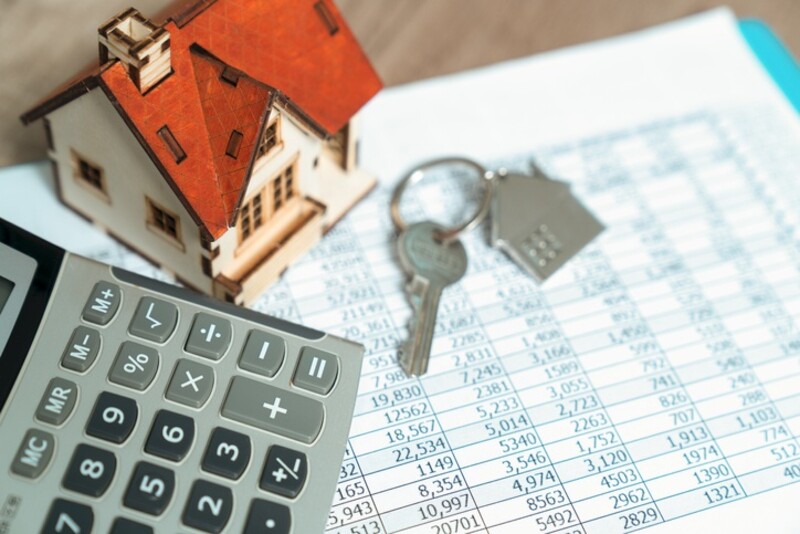
Contributing to your overall financial stability and net worth is the maintenance of a healthy home equity level. Your equity grows as you pay down your mortgage and witness an appreciation in property value, thus furnishing a valuable safety net during exigencies. Strategic use of this asset enhances not only your monetary flexibility but also propels achievement toward long-term fiscal objectives.
- Fact: Certain types of home equity loans may offer tax advantages, as the interest paid on loans used for home improvements may be tax-deductible.
- Noteworthy: Responsible borrowing practices are essential when tapping into home equity to avoid overleveraging and potential financial risks.
3. Building Home Equity
In a gradual process, building home equity necessitates consistent financial discipline and strategic planning. By making regular mortgage payments, one of the primary methods to increase equity, you reduce each payment's principal balance. This action directly amplifies your ownership stake in the property. Your equity naturally grows as the value of your property appreciates over time. Yet, proactive measures can accelerate this process. Investing in home improvements or renovations, which enhance the property's value, significantly amplifies your equity. Concentrate on upgrades that yield high returns on investment. Specifically, prioritize kitchen remodels or energy-efficient enhancements.
Additionally and importantly, allocate extra funds towards principal payments for your mortgage. This strategy accelerates the accumulation of equity. Remember, though building equity proves advantageous, it remains crucial to strike an equilibrium between home investments and preserving liquidity for diverse financial necessities. By actively monitoring the value and equity position of your home, you can track progress and inform future investment or financial strategy decisions. Taking proactive steps to bolster equity not only fortifies your financial foundation but also augments wealth over time.
- Consideration: Invest in home improvements that not only enhance your quality of life but also increase your property's resale value, thus boosting your equity.
- Noteworthy: Accelerating equity accumulation through extra mortgage payments can lead to long-term savings on interest payments and shorten the loan term.
4. Home Equity vs. Home Value
It's essential to understand the distinction between home equity and home value when evaluating your property's financial position. Home equity represents the portion of your property that you truly own, whereas home value reflects its estimated worth in the current real estate market. While home equity is influenced by factors such as mortgage payments and property appreciation, home value is subject to broader market dynamics, including supply and demand, economic conditions, and local development projects. Recognizing this difference is crucial for making informed financial decisions, as it enables you to assess the true equity position of your property independently of market fluctuations.

Moreover, understanding the relationship between home equity and home value allows you to leverage your property effectively. By maintaining a healthy level of equity relative to your home's value, you can access financing options with favorable terms and mitigate the risks associated with borrowing against your property. Regular property valuations and equity assessments provide valuable insights into your financial standing and empower you to make strategic decisions to maximize your wealth.
- Fact: Home value is influenced by external factors such as market conditions and economic trends, while home equity is primarily determined by the amount of principal paid down on the mortgage.
- Noteworthy: Regular property valuations can help you stay informed about changes in your home's value and equity position, enabling you to adjust your financial strategies accordingly.
5. Utilizing Home Equity
Utilizing home equity as a valuable resource, one can achieve financial objectives and address pressing needs in various ways. Funding home improvement projects is a common use. If you're renovating your kitchen, adding an extra bedroom, or upgrading outdoor space, tap into this reservoir of potential. It can provide the necessary funds not only to enhance living environments but also to increase property value. Homeowners may employ their equity as a resource to offset unanticipated costs such as medical bills or emergency repairs. This strategy establishes an essential financial safety net during periods of challenge.
Homeowners can practically apply their home equity to consolidate high-interest debts, like credit card balances or personal loans. They achieve this by merging these burdensome payments into one more manageable payment with a reduced interest rate. This action simplifies your financial situation and potentially saves you a significant amount of money on interest over time. Moreover, one can use home equity as an adjunct for retirement income, either through receiving it in a lump sum payment or via regular funds from a reverse mortgage stream. It remains indispensable to ponder the implications and perils tied to each use of home equity. This ensures alignment, not only does it align with your long-term financial goals, but also reflects the priorities you have set.
- Consideration: Before tapping into your home equity, assess your financial situation and consider consulting with a financial advisor to explore the best options for your needs.
- Caution: Be mindful of the potential risks associated with borrowing against your home equity, such as the risk of foreclosure if you're unable to meet repayment obligations.
Conclusion
Concluding, your home equity emerges as a precious asset. It signifies the part of your property that you genuinely possess. Comprehending the calculation methods for home equity, appreciating its importance in personal finance, and grasping the potential uses thereof are critical factors for homeowners. If used wisely to leverage their financial position, individuals can not only accomplish their economic goals but also bolster overall fiscal health.

February 2023 Student Loan Interest Rates
Dec 17, 2023
Student loans aren't free but may help bridge the gap when other aid forms fall short. More interest is added to your principal balance. The interest rate influences both your overall debt and your regular payment amount
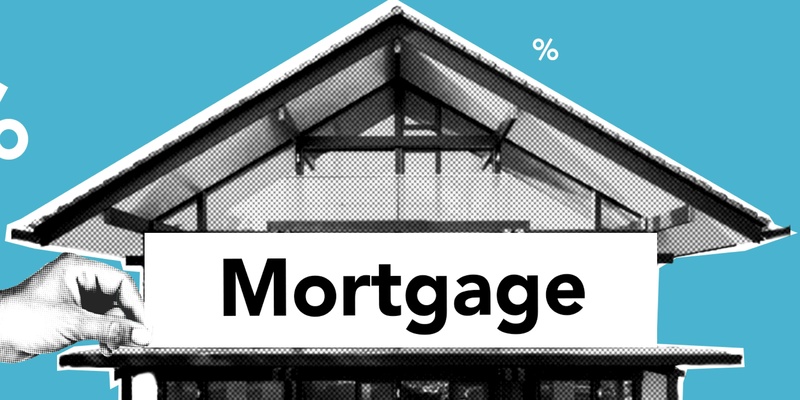
Exploring Better Mortgage and Rocket Mortgage
Mar 19, 2024
Compare Better Mortgage and Rocket Mortgage for your home loan needs. Learn about their features, pros, and cons.

What Are the Community Property Rules for Federal Income Tax Returns?
Feb 19, 2024
The term "community property" describes how a married couple's assets are treated under the law in certain states in the United States. In a marriage, both partners share equally in the breadwinner's earnings and the ownership of all tangible and intangible assets acquired by either partner during the marriage.
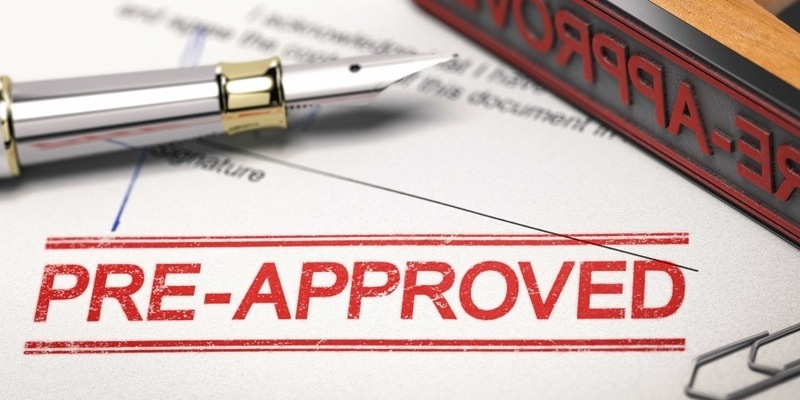
Securing Preapproval for a VA Loan
Mar 19, 2024
Discover the intricate, step-by-step process of securing preapproval for a VA loan, a strategy to guarantee a seamless journey towards homeownership.

Credit Cards for Construction Businesses
Dec 02, 2023
A standard bank loan could be an option if you need more money or more time to pay it back. A personal loan from a bank typically has cheaper interest rates than a credit card would. To secure a loan, you might have to put up your home or other valuables as collateral.

When Purchasing A Vehicle, You Should Be Aware of These 5 Costs
Dec 03, 2023
The expense of driving to work, rather than the cost of housing, generally dominates our monthly budgets. Because of the ever-increasing cost of new cars, consumers constantly search for the best deals. Car dealerships still need to turn a profit, though, and one way they accomplish this is by including several "extras" in the final price that weren't originally disclosed
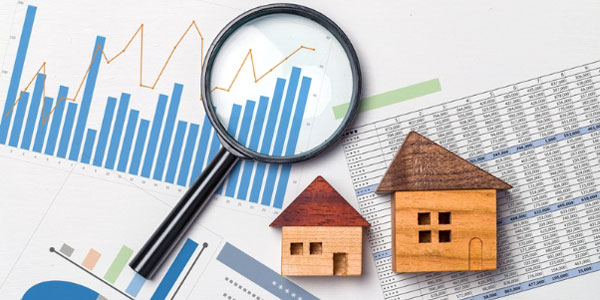
7 ways to strengthen your home's refinancing appraisal value
Feb 13, 2024
To buy a new home, you must first refinance the mortgage on the one you already own. This is because if the value of your refinancing evaluation is high, you have a better chance of getting good terms like a lower interest rate and a longer loan term

How To Get a Closed Account Off of Your Credit
Nov 26, 2023
You'll need a good credit score if you want to purchase a house, receive a vehicle loan in your name, or even establish a credit card account. Managing your debts for loans, credit cards, and other forms of credit accounts for a sizable portion of your score. A charge-off occurs when an account becomes seriously overdue, which can devastate a person's credit.

How Taxes Work Out When You Sell Stocks
Dec 08, 2023
Trading stocks might significantly impact your tax liability. If you sold the stock for more than you bought it, you might have to pay capital gains tax. Capital losses may be deducted from taxable income.
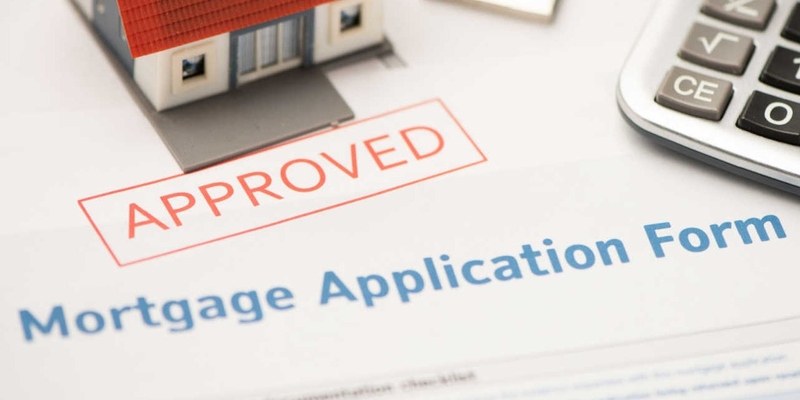
Exploring Mortgage Options
Mar 19, 2024
Explore types of mortgages including Navy Federal Credit Union and USAA mortgages. Uncover key differences and considerations for homebuyers.
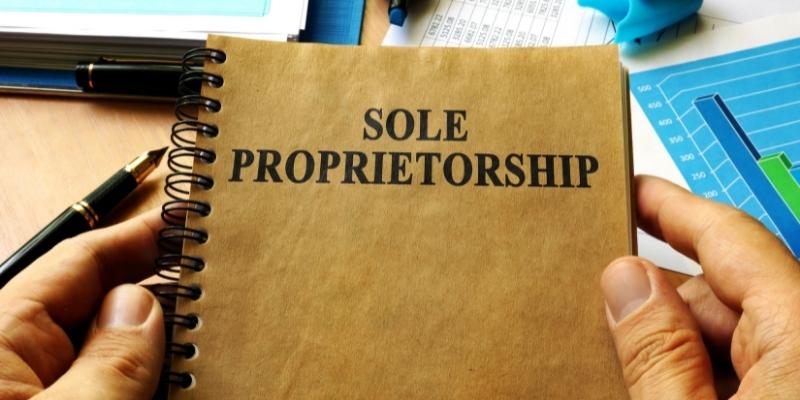
How To Start a Sole Proprietorship in 2022: A Complete Guide
Jan 10, 2024
Business formation is straightforward for sole proprietorships because they are not required to file paperwork with government agencies.
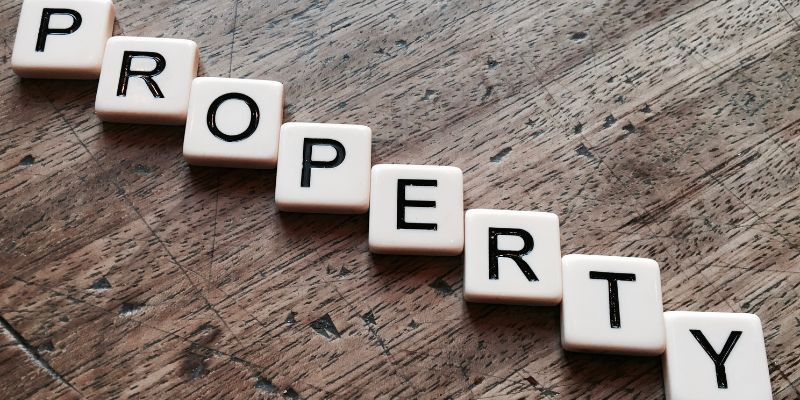
Understanding the Different Types of Property Deeds
Jan 09, 2024
A deed must be created to change who legally owns a piece of land. Typical types of deeds for several kinds of real estate are provided here